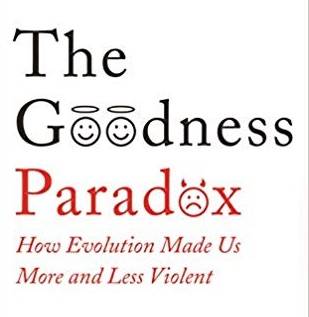There is no love lost between the Muslim Brotherhood and me. As a liberal, secular Muslim I oppose not only their goal of an Islamic state but their draft platform that circulated in 2007 in which they made it clear women and Christians could not become president of Eygpt. That shoots to pieces, as far as I’m concerned, their claims to be democratic.
But the uprising in Egypt has nothing to do with the Muslim Brotherhood. And it annoys me that as the most exciting mass uprising in modern Arab history unfolds, too many want to obsess over a movement that missed the boat only to belatedly play catch-up to stay relevant.
I’m tempted to yell “mind your own business” at everyone who asks if I’m worried whether the Muslim Brotherhood will hijack the revolution. But here I am taking a deep breath and reminding you that when they did finally throw their institutional heft behind the uprising, the Muslim Brotherhood said it did not want to rule Egypt and that it would not field any candidates for post-Mubarak presidential elections.
To their credit, individual members of the Brotherhood heeded the call that youth dissidents sent via social media for nationwide protests on 25 January to coincide with Police Day. The Muslim Brotherhood as a movement– which can and has mobilised thousands – didn’t sign up.
That says to me that the youth, especially, of the Muslim Brotherhood recognised “Jan.25” as a potential turning point whereas the older leadership missed its significance. If that sounds familiar it should: internal Muslim Brotherhood dynamics (older, entrenched leadership vs. restless disaffected youth) are a microcosm of the State’s relationship with its citizens.
If you’re looking at the revolution in Egypt and worrying about who will replace Hosni Mubarak, Egypt’s dictator of 30 years, that’s because that’s exactly how he’s wanted it all along, and the UK government along with all his other allies played along.
While systematically crushing any viable opposition thanks to the perpetual state of emergency he imposed on Egypt since coming to power in 1981, the only place he left open was the mosque. Through a network of clerics, the Mubarak regime used conservative interpretations of Islam to fight the Muslim Brotherhood – to outdo them in religiosity – while at the same time exaggerating their importance and size to successfully frighten western allies who bought his “it’s either me or the religious nuts” line.
While all involved in that triangle – Mubarak, his western allies, the Muslim Brotherhood – liked that scenario just fine, it meant nothing to Egyptians disaffected and marginalised by such polarised politics. It is that disaffection that pushed Egyptians by their thousands into streets across the country to shout not the Brotherhood’s “Islam is the solution” but “Mubarak get out”.
That heady taste of empowerment that continues to galvanize Egyptians of all backgrounds and faiths – at their height, nationwide pro-democracy demonstrations have surpassed a million – serves notice to the crumbling regime as well as future governments that Egypt has irrevocably changed. Whatever interim government leads Egypt through its transition from regime to democracy and whoever is eventually elected to rule knows now that Egyptians can and will vote “No” with their feet if they renege or disappoint. The primary goal of the revolution is a constitutional democracy.
The Muslim Brotherhood has supporters in Egypt and will be represented in whatever form of government we eventually end up having. They have been there in Tahrir Square since the start of the uprising and at other points across the country alongside Christians, atheists and the non-denominational. They know Egyptians have come into their own politically and are not about to have their empowerment snatched or hijacked.
Egyptians will get it right.

